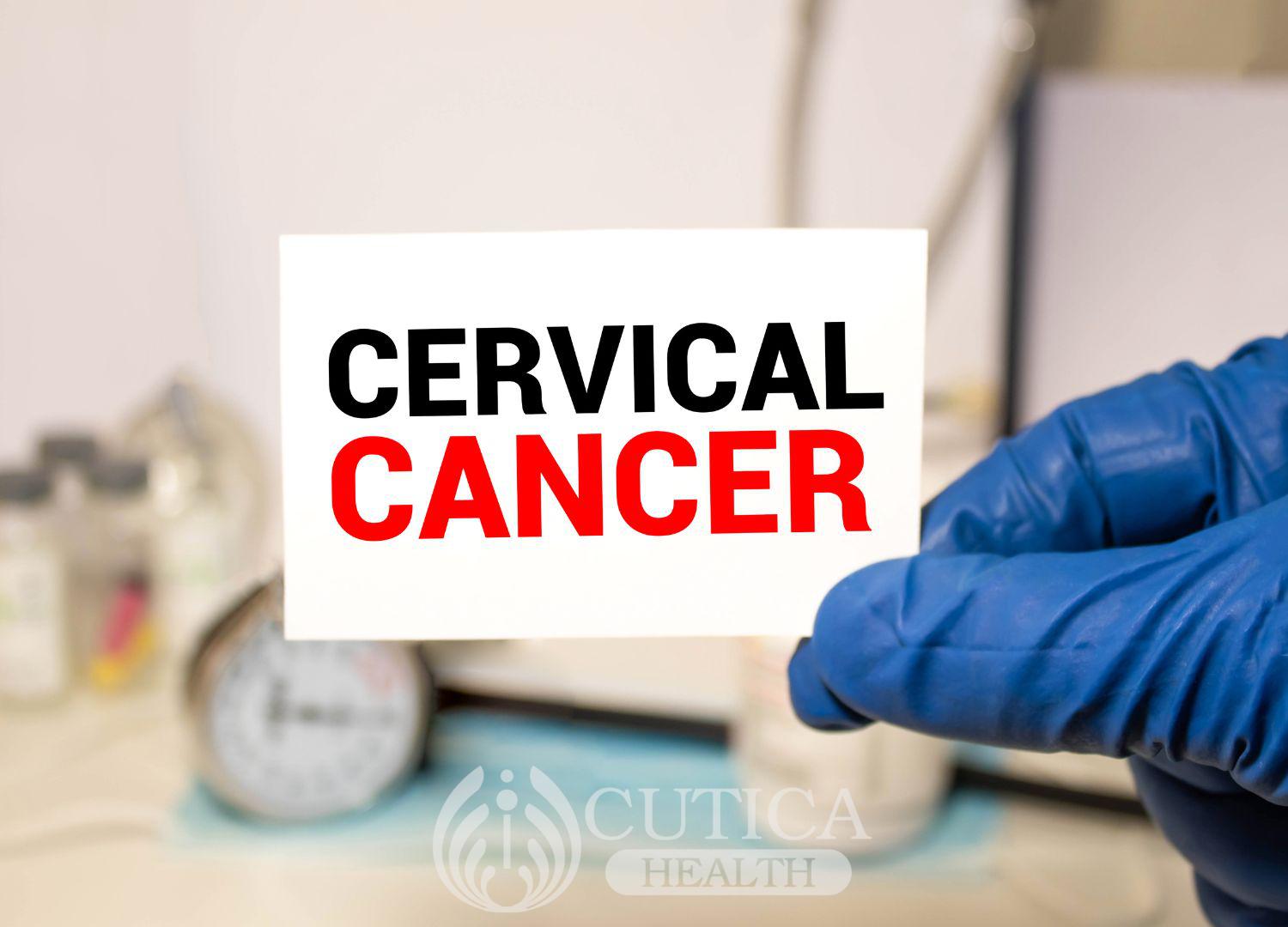
His doctor ordered a colonoscopy, which showed colon cancer. Jackson had never had colonoscopy or any form of screening for colon cancer before. Could his cancer have been detected earlier? Yes, most likely.
What is colon cancer?
As the name implies, colon cancer is cancerous growth found in the large intestine. It is also sometimes called colorectal cancer. It is the most common cancer in the gut and is caused by an interplay between genetic and environmental factors, as well as chronic inflammation of the digestive tract in some cases.
Even though the full picture of how genetics plays a role in colon cancer is still unclear, genetic factors have been shown to have a great impact on its development. Apart from a family history, relatively rare genetic mutations that can predispose to colon cancer include familial adenomatous polyposis (FAP) and hereditary nonpolyposis colon cancer syndrome (HNPCC). These conditions carry great risk for colon cancer. People with FAP have almost 100% risk of having colon cancer by the age of 40, while people with HNPCC have around 40% risk of developing colon cancer in their lifetime. Other diseases can also increase risk of having colon cancer such as inflammatory bowel diseases (e.g., ulcerative colitis, Crohn’s disease)

Aside from genetics, consumption of high amounts of red meat and animal fat, and low amounts of fruits and vegetables is linked to an increased risk of developing colon cancer.
Other factors that may play a role in the development of colon cancer include obesity, smoking, alcohol consumption, and physical inactivity.
Why do I need to be screened for colon cancer?

To put it simply, colon cancer is a preventable disease. Early detection is crucial and is the most important reason why colon cancer has declined recently. Therefore, it cannot be stressed enough that early screening decreases your risk of developing colon cancer.
Surgery is the only way to cure colon cancer, and even then, if the cancer has spread already, it will be difficult to eradicate the cancer cells even with medication, chemotherapy and radiation therapy. This is why it is imperative that you nip this disease in the bud as early as you can.
How am I screened for colon cancer?
Screening involves identification of precancerous (polyps) and/or curable cancerous lesions. Because the early stages of colon cancer usually show no symptoms, it is possible to find cancerous lesions while being screened.
Several tests and procedures can be used for screening however, the preferred method and most widely used is colonoscopy beginning at age 50, and done every 10 years, or more frequently depending on the overall risk. Other tests and procedures that can be done include:
- flexible sigmoidoscopy every 5 years
- double-contrast barium enema every 5 years
- CT colonography every 5 years
- guaiac-based fecal occult blood test (FOBT) every year
- fecal immunochemical test (FIT) every year
- stool DNA test

Remember, if you have a known family history of colon cancer or you are known to be at an increased risk of developing colon cancer (e.g., history of polyps, history of inflammatory bowel disease), you need to be screened at an earlier age and at a greater frequency.
Key points:
- colon cancer is the most common type of gastrointestinal (gut) cancer
- genetic factors seem to play a significant role in the development of colon cancer
- colon cancer is a preventable disease
- the preferred method of screening for colon cancer is colonoscopy every 10 years, or more frequently if advised by your doctor












